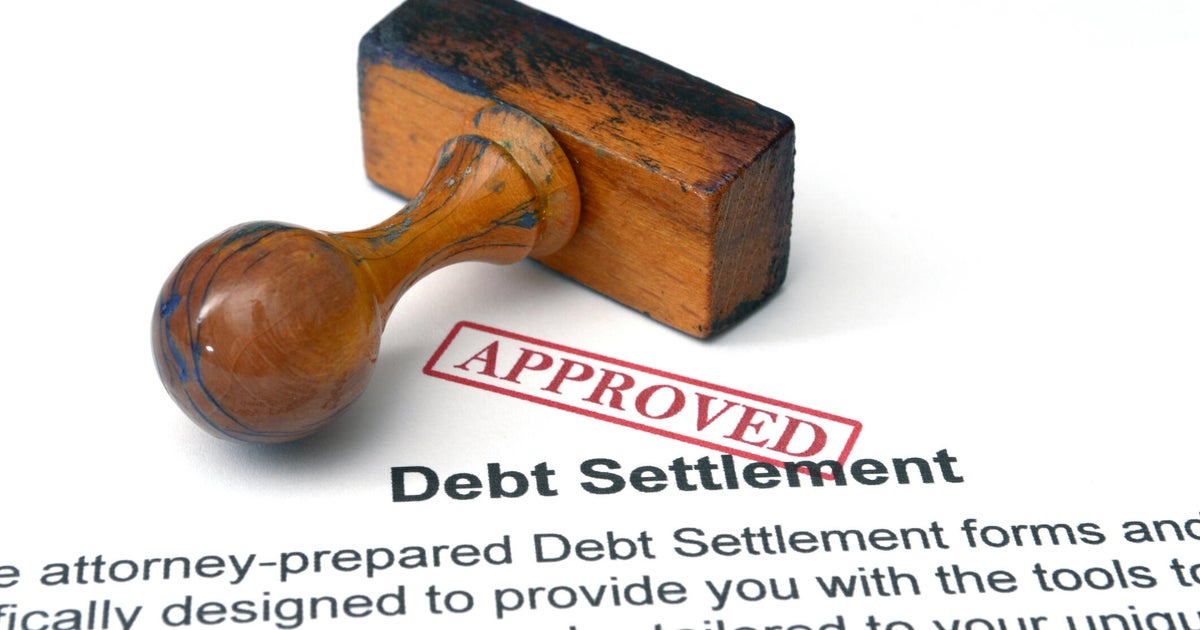3 benefits of high-yield savings accounts
If you're tired of making little to no interest on your savings accounts, then it's time to explore other options. For example, a high-yield savings account can pay up to 10 times or more than a traditional savings account.
The process is simple: You deposit money into the account (a minimum balance may be required), the bank pays you interest (which can compound daily, monthly, quarterly or annually, depending on the institution) and you make withdrawals as needed (these accounts often limit the number of withdrawals you can make in a certain period).
Think you're ready to start earning money? Start exploring your options by using the table below now.
Benefits of high-yield savings accounts
The biggest advantage of a high-yield savings account is the rate at which interest accrues. This can allow you to grow your savings and achieve financial goals faster.
Here's a look at some of the major benefits a high-yield checking account has to offer:
The interest rate is higher than traditional accounts
High-yield savings accounts often have APRs 10 times higher (or more) than your typical savings account. Your balance grows faster and you benefit even more from compounding interest.
You can withdraw your money easily
Though some high-yield savings accounts limit the number of withdrawals you can make within a given period, accessing your money is still fairly easy. Many accounts even offer debit cards. These can be helpful if you ever need funds in a pinch.
There's no risk
While other financial vehicles could generate bigger gains (investing in the S&P 500 earns about 10.5% annually, for example), they're also highly subject to market fluctuations and there's always the risk of loss. Growing your funds in an FDIC-insured savings account, on the other hand, is virtually risk-free. As long as your balance is under $250,000, your funds are protected - no matter what may happen in the markets, according to the FDIC.
Start boosting your savings by opening up a high-yield savings account today! Use the table below to get started.
There aren't many drawbacks to high-yield accounts other than the fees (maintenance, service and more) and withdrawal limits they sometimes come with. You also may be required to keep a minimum balance. Make sure you take all of these rules and limitations into consideration before you commit to opening a high-yield savings account.
How to find the best high-yield savings accounts
Rates on high-yield savings accounts are variable, meaning they change based on market conditions, Federal Reserve policy and the economy over time. Rates can also vary by the financial institution, depending on their overhead costs and other factors.
To make sure you're getting an account with the best rate, you should:
- Check with your bank, credit union or brokerage first. Many financial institutions offer high-yield savings accounts. Start with the companies you already do business with and find out what they have to offer.
- Consider online banks. Online banks have fewer overhead expenses, which may allow them to offer lower fees and higher APYs than brick-and-mortar institutions.
- Compare more than just rate. You should also take into account any fees, withdrawal limitations and minimum required balances when choosing which bank to go with.
Just make sure you're choosing a financial institution that is FDIC-insured. This protects you (and your savings) in case the bank goes under. Use the table below to explore your high-yield savings options and start earning more money now!
Other saving options
While a high-yield savings account offers multiple benefits, there are a wide variety of ways to save. Options are specific to your personal financial situation, goals and preferences. Some other saving vehicles to explore:
- Gold IRAs: This investment type traditionally acts as a hedge against inflation, so it's particularly timely. While not considered a safe bet for older investors, it can be experimented with by younger ones to diversify their portfolios. Do some research. It may make sense to buy gold now. =
- Roth IRAs: Roth IRAs are more traditional but also worth exploring. With this type, you pay taxes on your initial contributions but then let the account grow. The distributions you take out, later on, are tax-free. You can take out your contributions from the account for any reason at any time and you won't have to pay any penalties or taxes (your earnings, however, may be subject to certain fees/taxes).






